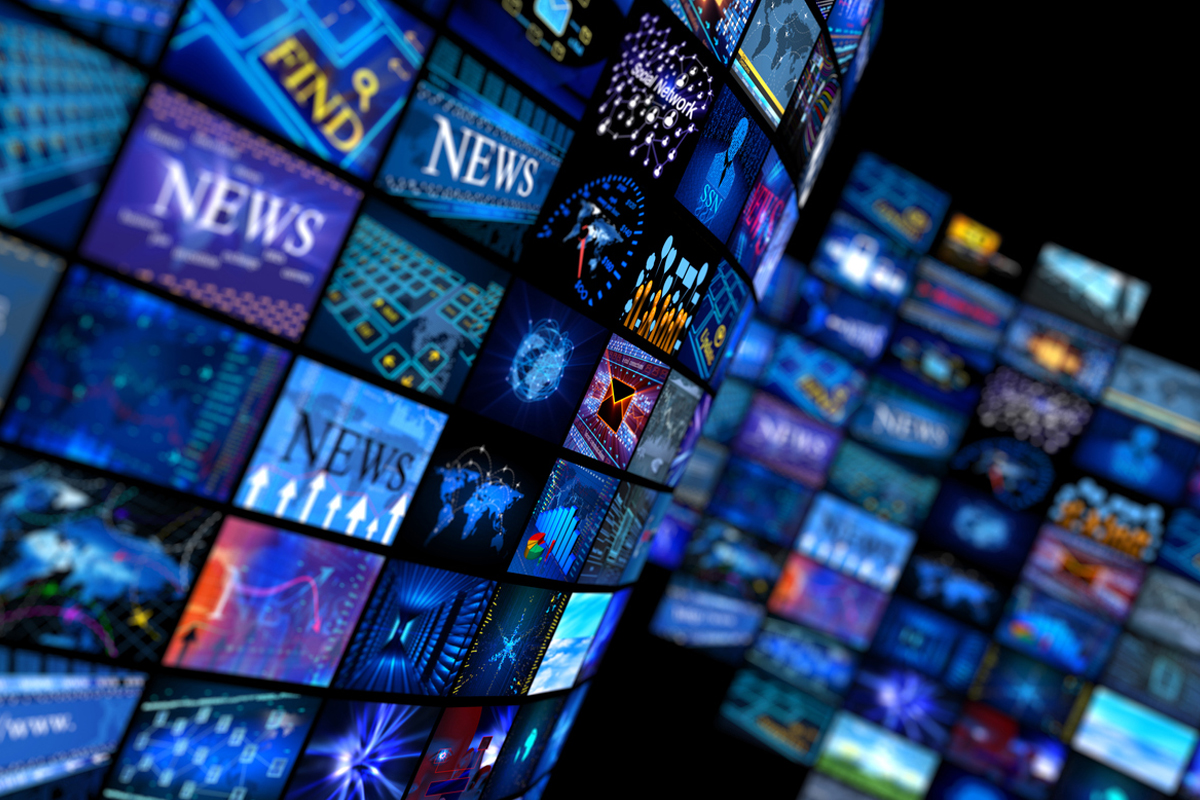It’s not only the Chinese. Africa has emerged as a key geopolitical arena for another major power ~ Russia. While the continent has largely been on the radar of powerful countries to secure rare earth minerals/ metals, trade routes, and energy security, the Kremlin’s narrative following the invasion of Ukraine has been taken up a notch and is centred around a sophisticated social media campaign. Moscow is leaving no stone unturned to push its version of events on the war and it’s falling on receptive ears. Western analysts, of course, see this as another example of President Vladimir Putin’s alleged attempts to obscure facts through disinformation, misinformation, and propaganda. The Russian state-backed social media campaign on the African continent is routinely painted as divisive and aimed at sowing distrust to weaken the resolve of Ukraine’s allies.
While it is true that the information space in Africa is being targeted by Moscow, it is by no means the only player doing so. Just as the West’s objectives are to paint Mr Putin as the villain of the piece and isolate Russia globally, Moscow is working overtime to justify its invasion of Ukraine, convince African countries to support its actions, and secure Russia’s influence in the region. It helps the Kremlin’s cause that there is an inter-generational memory of the aid and encouragement provided to dozens of African nations by Russia’s predecessor state, the USSR. The map of Africa is dotted with universities, industries, and boulevards built by the Soviets at a time the USA had little time for the Lost Continent and was busy propping up violent dictators as long as they brandished their anti-communist credentials with a flourish.
Advertisement
But most African countries do have reasonably close economic and political ties with European Union (EU) member-states. The Ukraine crisis, in that sense, has left them subject to pulls and pressures from Russia on the one hand and the EU on the other. Scholars Mary Blankenship and Aloysius Uche Ordu have pointed out that Russian control of Ukrainian land and sea exacerbate energy, fertiliser, and food insecurities within the African continent. At the same time, Europe’s pivot away from Russian imports of gas and oil could serve as an opportunity for African nations to substitute those supplies and generate much-needed revenue. But, in this context, the pervasiveness of Russian narratives, especially online, has many in Europe worried. And they have good reason to be concerned.
Blankenship and Ordu analysed 2.5 million tweets of African Twitter users that discussed Ukraine and Russia between February and June this year. Their findings showed that a significant portion of the relevant discussions trending online focused on African students fleeing Ukraine and the racism they faced from Europeans in general (bar the Russians). The online conversations were also very critical of the West’s callousness towards conflicts in Africa and the larger Global South, and the slavery perpetuated by Western imperial powers over the centuries was a recurring theme. In sum, the emerging strategic importance of Africa in the context of the Russia-Ukraine war is perhaps the untold story of the second-order consequences of this conflict.
